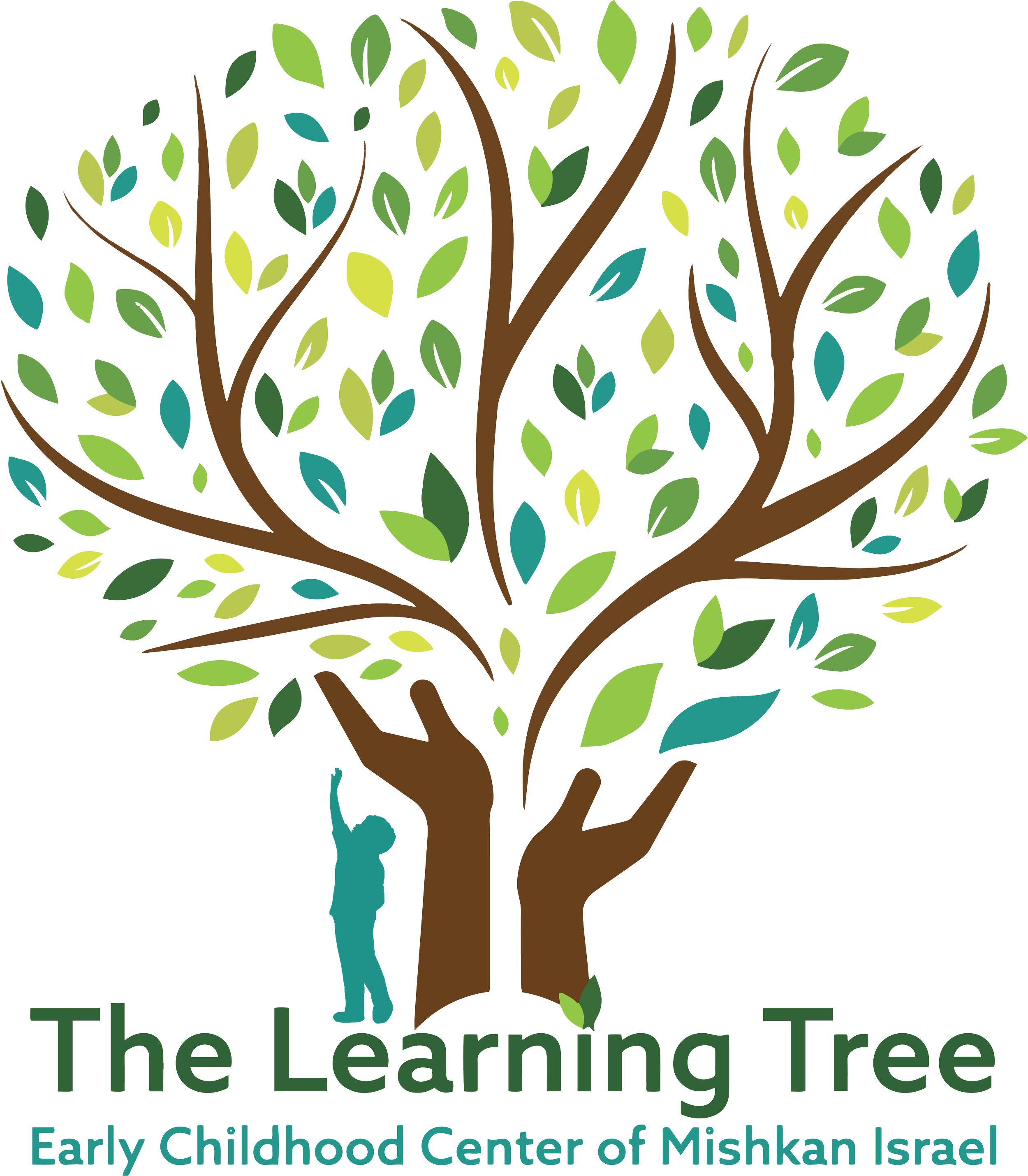
Curriculum
A developmentally appropriate curriculum focuses on nurturing the whole child; social, emotional, cognitive, and physical needs. Using thoughtful observations of every child, learning experiences are developed by the teachers to meet every child’s developmental needs and interests. Providing a developmentally appropriate curriculum means we are meeting children where they are, providing opportunities for challenges and individual growth at a pace which is appropriate for that individual child. Our curriculum balances emergent and child-‐initiated approaches to learning through play.
Emergent curriculum involves listening, documentation, and collaboration, a belief that each child and teacher are a part of the inquiry. Our goal is to create classroom environments in which children feel free to explore the materials, use them for experimentation, and discover ways to solve problems and create. These learning opportunities are facilitated by teachers through planned learning experiences, open ended play experiences and selection from a wide variety of interesting materials, and interactions that lead to higher order thinking. A child learns just as much from the environment they are in as they do from their parents and teachers.
A child-centered approach fosters learning through play. Do they really learn through play? Yes! The freedom of interaction with others fosters social-emotional development and self-confidence in a child-centered classroom. The child-centered approach encourages children to discover their own interests, with their own words, which help define who they are. Overall, we know that children learn best through first-hand experiences—play motivates, stimulates and supports children in their development of skills, concepts, language acquisition, communication skills, and concentration. During play, children use all of their senses, must convey their thoughts and emotions, explore their environment, and connect what they already know with new knowledge, skills and attitudes.
It is in the context of play that children test out new knowledge and theories. They reenact experiences to solidify understanding. And it is here where children first learn and express symbolic thought, a necessary precursor to literacy. Play is the earliest form of storytelling. It is how children learn to negotiate with peers, problem-solve, and improvise. It is in play those basic social skills—like sharing and taking turns—are learned and practiced. Children also bring their own language, customs, and culture into play. As an added benefit, they learn about their peers in the process.
Additionally, we teach our children to be kind, safe, and responsible citizens of society where they will learn a foundation of making good choices. We support the development of essential dispositions for learning, problem solving, and academic progress. Our teachers are committed to providing learning experiences that will support each child in developing necessary skills that will ensure success in kindergarten and beyond.
Our educational objective is to provide our children with a love of learning, a forum for curiosity, respect for individual spirit, and a foundation rooted with ethics, morals, and values reflected in the Jewish faith. We are committed to a holistic approach of embracing each child offering a nurturing and equitable environment filled with developmentally appropriate experiences and growth.

